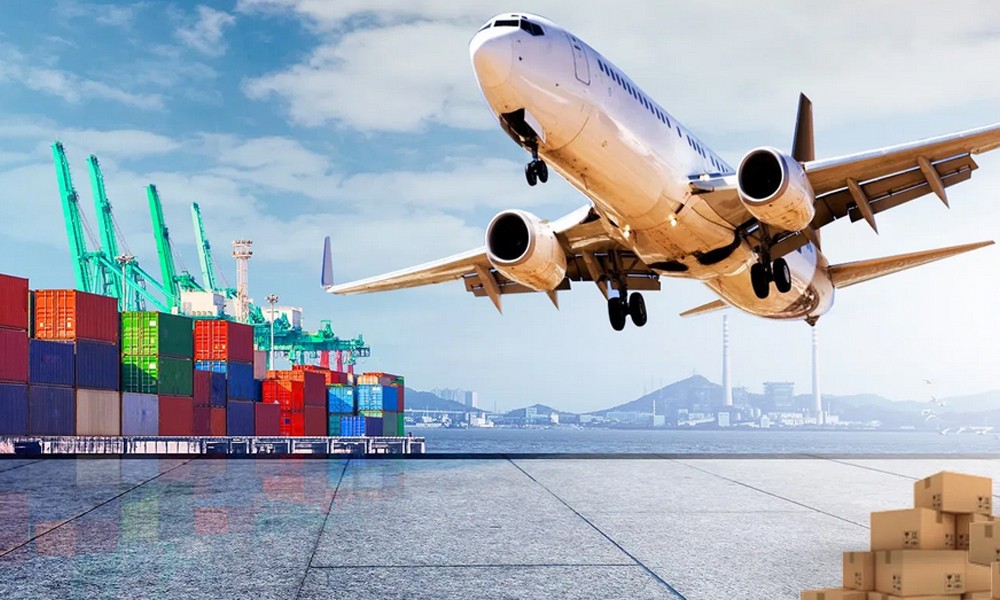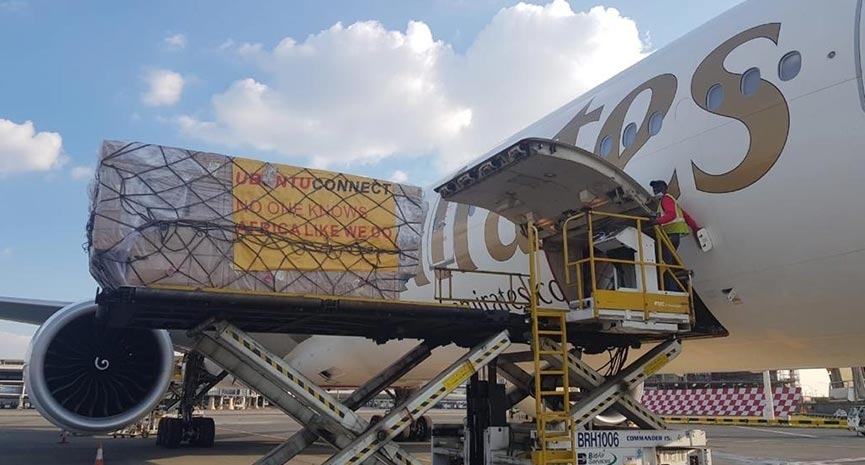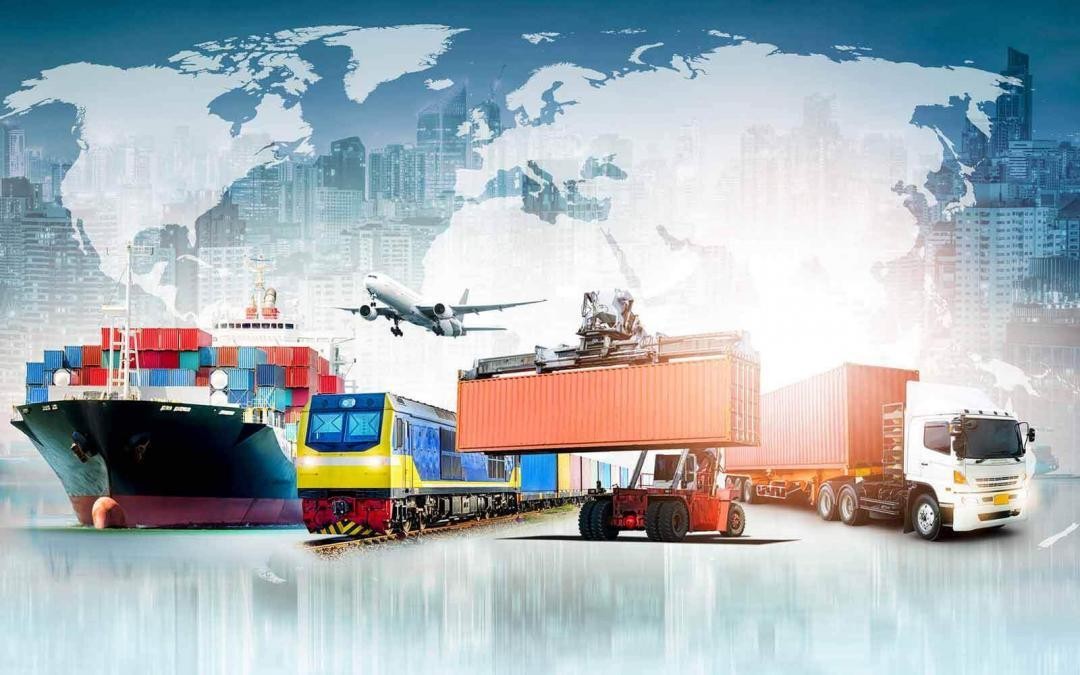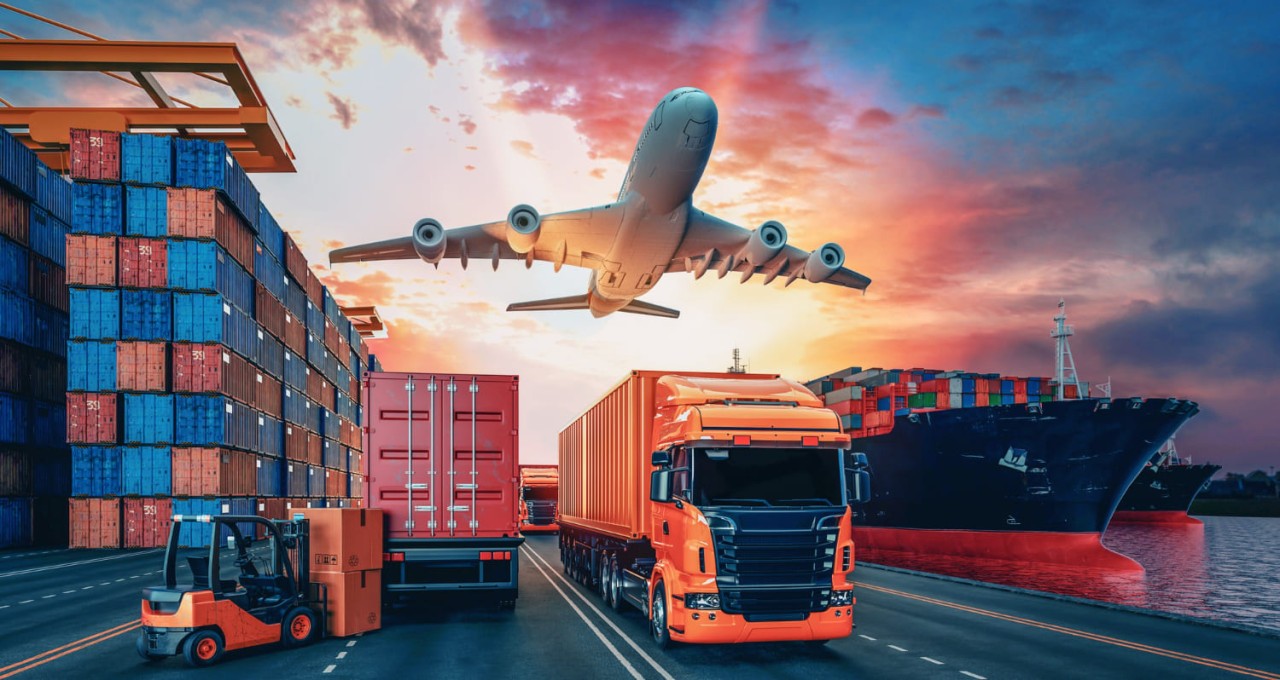Ghana’s logistics industry is a complex ecosystem involving various stakeholders who play crucial roles in ensuring the smooth flow of goods and services across the country and beyond its borders. These stakeholders range from government entities and regulatory bodies to private companies and international organizations. Here are the key players in Ghana’s logistics industry:
1. Government Agencies
- Ministry of Transport: The Ministry of Transport oversees the overall transportation policy and development in Ghana, including road, rail, and maritime transport. It plays a crucial role in planning and regulating logistics infrastructure.
- Ghana Ports and Harbours Authority (GPHA): GPHA is responsible for managing Ghana’s seaports, including the major ports of Tema and Takoradi. It plays a central role in the country’s maritime logistics, overseeing port operations, cargo handling, and infrastructure development.
- Ghana Revenue Authority (GRA) – Customs Division: The Customs Division of the GRA is responsible for customs clearance and revenue collection. It is a key player in facilitating trade, ensuring compliance with customs regulations, and expediting the movement of goods across borders.
- Ghana Civil Aviation Authority (GCAA): The GCAA regulates air transport and oversees aviation safety and security. It also plays a role in the logistics sector by facilitating air cargo operations.
2. Logistics and Transport Companies
- Freight Forwarders: Companies like DHL, Bolloré Transport & Logistics, and Ghanaian freight forwarders provide essential services such as customs brokerage, freight forwarding, and cargo handling. They act as intermediaries between shippers and carriers, ensuring the smooth movement of goods.
- Transport Operators: These include road transport companies, rail operators, and shipping lines that are responsible for moving goods within Ghana and to international markets. Prominent examples are McDan Shipping, Regional Maritime Transport, and haulage companies.
- Warehouse and Distribution Centers: Companies like Agility, Bolloré Logistics, and local firms provide warehousing, inventory management, and distribution services. They are critical for storing and managing goods before they reach their final destinations.
3. Port and Terminal Operators
- Meridian Port Services (MPS): A key player at the Tema Port, MPS is a joint venture between GPHA and private partners. It operates the terminal, providing services such as container handling, storage, and logistics solutions.
- Takoradi Port Expansion Project Stakeholders: Various stakeholders are involved in the ongoing expansion and modernization of the Takoradi Port, which is aimed at enhancing its capacity to handle larger volumes of cargo, particularly for the oil and gas sector.
4. Regulatory Bodies
- Ghana Shippers’ Authority (GSA): The GSA protects and promotes the interests of shippers in Ghana. It provides information, advocacy, and negotiation services to ensure that shippers receive fair treatment and competitive rates from service providers.
- Food and Drugs Authority (FDA): For logistics companies handling food, pharmaceuticals, and other regulated products, the FDA is a key stakeholder, ensuring that products meet safety and quality standards during transportation and storage.
5. Industry Associations
- Ghana Institute of Freight Forwarders (GIFF): GIFF is a professional association representing the interests of freight forwarders in Ghana. It plays a vital role in advocacy, training, and industry standards.
- Ghana Union of Traders Association (GUTA): GUTA represents the interests of traders, including those involved in import and export. The association works closely with logistics providers to address challenges related to the transportation of goods.
6. Financial Institutions
- Banks and Insurance Companies: Financial institutions such as Ecobank, Standard Chartered, and various insurance companies play a crucial role in financing logistics operations, offering trade finance, and providing insurance for goods in transit.
7. International Organizations
- World Bank and African Development Bank (AfDB): These institutions are involved in financing infrastructure projects in Ghana, including roads, ports, and railways, which are vital for the logistics industry.
- United Nations Conference on Trade and Development (UNCTAD): UNCTAD provides technical assistance and policy advice to improve logistics and trade facilitation in Ghana.
8. Technology Providers
- Tech Startups and IT Companies: With the increasing adoption of digital solutions, tech companies are becoming important stakeholders in Ghana’s logistics industry. They provide software for supply chain management, tracking, and automation, helping to improve efficiency and transparency.
These stakeholders, through their various roles and responsibilities, contribute to the functioning and growth of Ghana’s logistics industry. Their collaboration and coordination are essential for enhancing the country’s logistics capabilities and ensuring that Ghana remains competitive in the regional and global markets.



